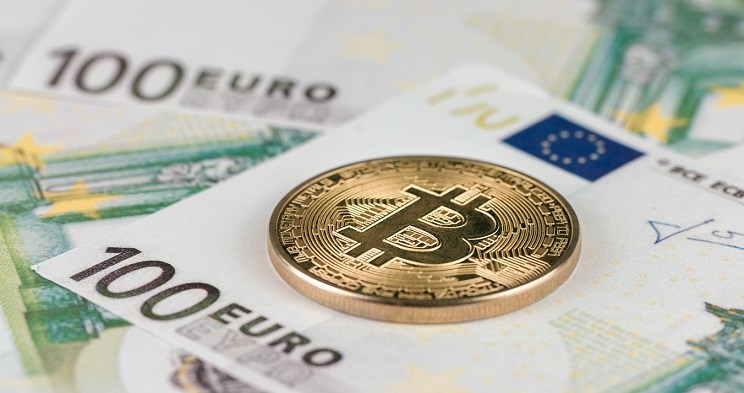On Thursday night, the European Parliament and Council struck a deal on a uniform legal framework for the use of cryptocurrencies in the union, marking the first time ever the virtual currency is bound by EU law.
Despite the high volatility of the market, around one in ten households in the Euro area invested in cryptocurrencies in recent years. However, until now, there was no uniform legal framework for crypto-assets, giving issuers of crypto-currencies and Crypto Assets Service Providers (CASPs) of exchanging services free rein, and offering little protection to crypto-users.
Now, a provisional political agreement on new rules (titled MiCa) has been set out, which aims to ensure consumer protection and safeguards against market manipulation and financial crime, as well as environmental safeguards for crypto-assets, including cryptocurrencies.
"MiCA is a European success. We are the first continent to have a crypto-asset regulation. In the Wild West of the crypto-world, MiCA will be a global standard setter," Stefan Berger, the lead MEP behind the framework, said.
Under the new rules, service providers have to comply with very strict rules on protecting customers and a requirement to better inform customers about risks, costs and additional charges for services. They will also be held liable if they lose their clients' crypto assets.
For now, Non-Fungible Tokens (NFTs) will not be covered by MiCA, however, "depending on their development, the rules envisage a re-classification of NFTs either as a financial instrument or as a crypto-asset subject to MiCA."
Combatting scams and laundering
The new legislation also aims to tackle the number of scams and cryptocurrencies being used for money laundering. According to Dutch MEP Paul Tang, more than €8 billion will have been laundered through cryptocurrencies in 2021, while customers were defrauded by more than €7 billion through scams.
"After years of letting itself be walked all over, Europe is taking matters into its own hands again. We are clamping down on the excesses of the crypto sector, where criminals and sharks have free rein," he said.
Related News
The law will require service providers in the sector to improve their corporate structure, publish information about their financial position, and ensure their IT systems can repel cyber-attacks.
Aside from including measures against market manipulation and preventing money laundering, the legislation will also combat terrorist financing and other criminal activities.
It will also call on significant CASPs to disclose their energy consumption to reduce the high carbon footprint of crypto-currencies. The mining of the currencies, which is how new digital coins are created, uses a very large amount of electricity.
This provisional agreement will now have to be approved by the Economic and Monetary Affairs Committee, followed by a plenary vote. The Council also has to approve the deal before it can come into force.

